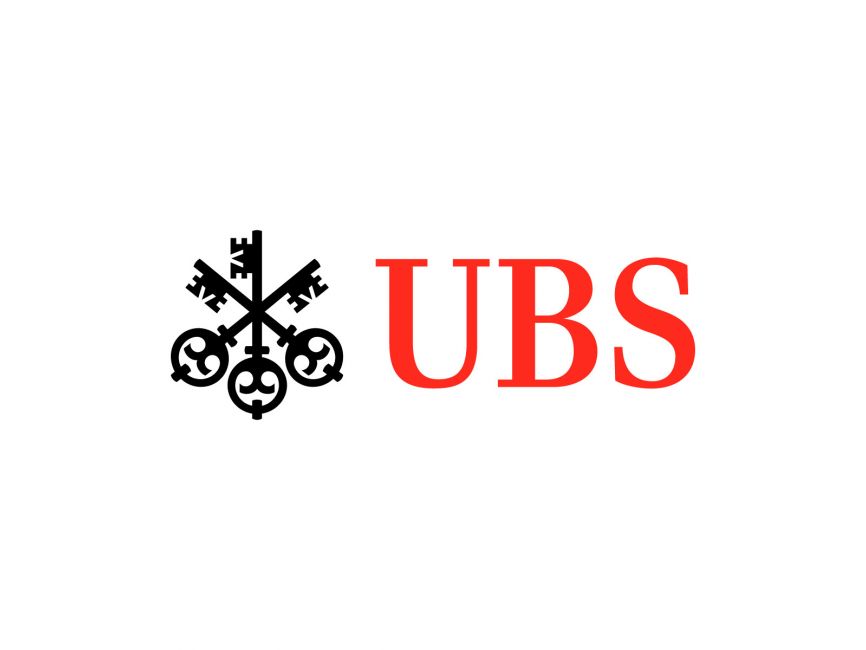The Paris Agreement climate targets are slipping further away with many of the world’s publicly listed companies still failing to disclose crucial information on emissions, according to research conducted by MSCI.
The latest MSCI Net Zero Tracker, which tracks the collective progress of listed companies towards climate goals, found publicly listed companies are on track to cause a global temperature to rise of 3°C, well above the 1.5°C temperature rise agreed in Paris in 2015.
Furthermore, less than 10% of public companies – across a global universe of 9,300 – are aligned to the 1.5°C target and less than half on track to hit a 2°C temperature rise.
It means that the global carbon budget to limit global warming to 1.5°C will be exhausted by November 2026, with company emissions anticipated to rise by 6.7% by the end of the year and every sector and region set to miss the target.
While developed countries are projected to become more carbon efficient this century, the problem is more acute in emerging markets (EM), where the implied temperature rise of listed companies in EM EMEA is 4.8°C, followed by EM Americas (3.8°C) and EM Asia (3.4°C).
The new findings will put pressure on world and industry leaders and come just weeks before UN’s COP26 climate summit, set to be held in Glasgow at the end of this month.
Meanwhile, investors tracking the alignment of their portfolios with the Paris Agreement are unable to sufficiently monitor whether companies have credible plans to reduce their carbon footprint due to poor disclosure.
Remy Briand, global head of ESG and climate at MSCI, said many companies are still failing to disclose crucial information on emissions and called on policymakers and financial regulators to make international standards mandatory.
“Climate disclosures are critical for investors to help them assess the carbon intensity of companies, to model climate-related financial risk and the impact on the performance of portfolios, and to allocate capital accordingly,” Briand said.
“Without accurate disclosures, the chances of companies and investors reaching net-zero is a distant reality.”
There has been a huge increase in ETFs tracking the European Union’s Paris Aligned Benchmarks (PAB) in the past year as issuers rush to fulfil investor demand.
Earlier this week, BNP Paribas Asset Management grew its range to three with the launch of the BNP Paribas Easy Low Carbon 100 Eurozone PAB UCITS ETF (LCEZ).
In August, BlackRock doubled its Paris-aligned ETF range with the launch of two new products while HSBC Asset Management unveiled a further two climate ETFs.
Amundi launched its first fixed income ETF that offers exposure to the climate benchmarks in April, taking its range to four, while UBS Asset Management launched a suite of seven PAB ETFs a month earlier.








